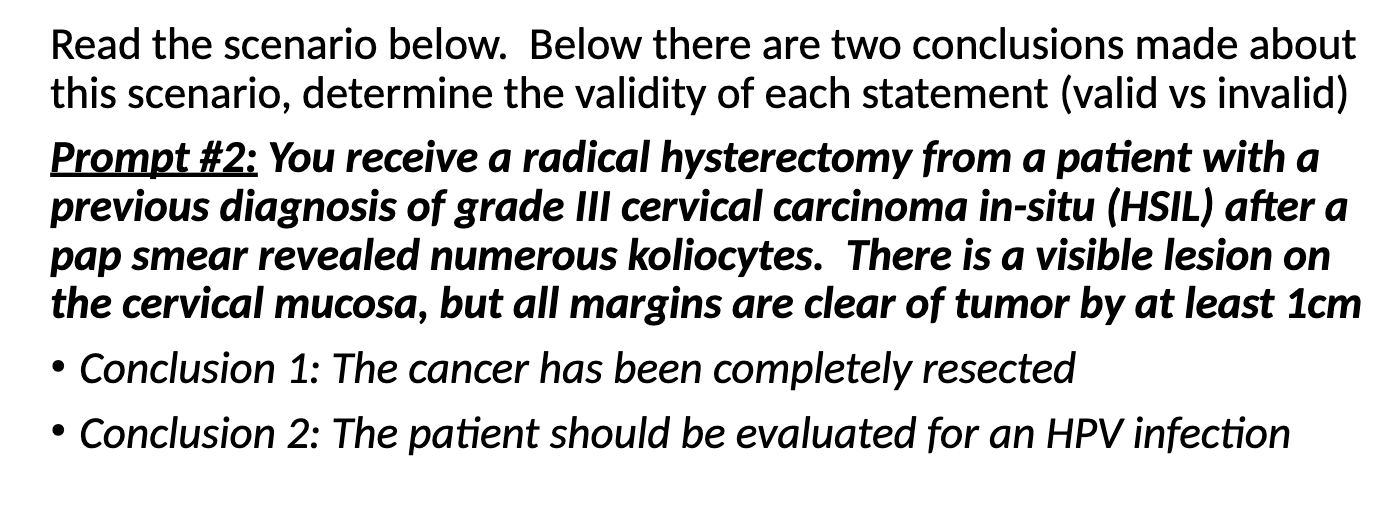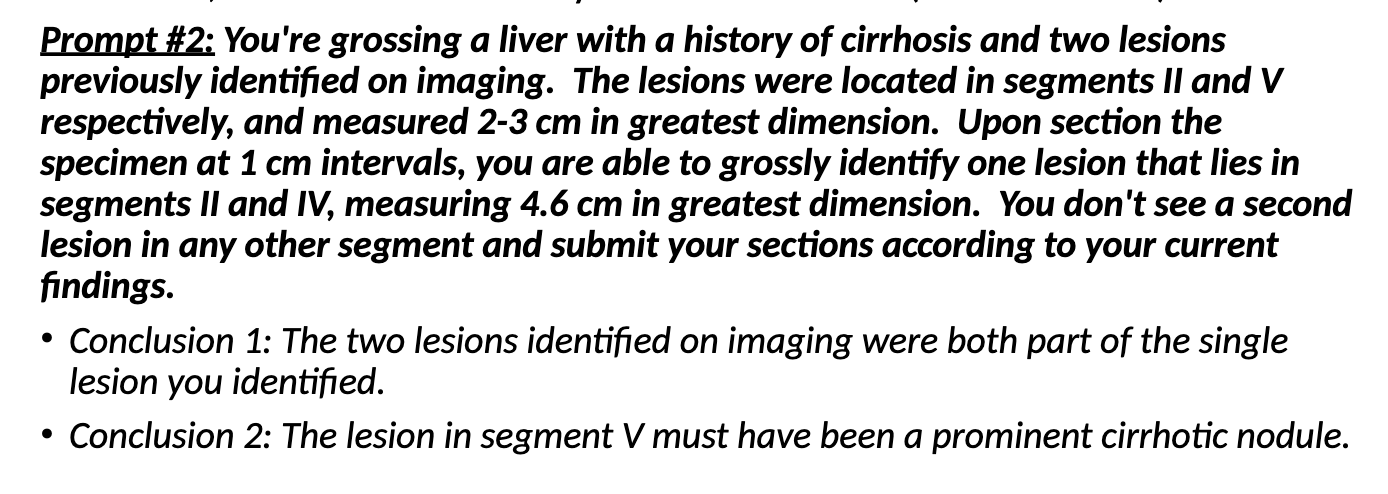CCIV Critical Thinking
1/19
There's no tags or description
Looks like no tags are added yet.
Name | Mastery | Learn | Test | Matching | Spaced | Call with Kai |
|---|
No analytics yet
Send a link to your students to track their progress
20 Terms
process of intentional higher level thinking to define a problem
utilizes info from other subjects and fields
requires evidence based practice
allows for informed decisions to be made (especially in a high stakes environment like health care)
define critical thinking
inductive reasoning
predictions based on what we observe
start with specific examples to build a generalization
multiple observations of a similar event allow you to recognize patterns
inductive reasoning
e.g. every time I touch a pot on the stove, I get burned; therefore all pots on the stove are hot and will burn me
deductive reasoning
predictions based on what we already know
start with general knowledge or concepts
draw conclusion from generalizations
deductive reasoning
e.g. when the sun goes down, it gets dark, therefore if I go outside at midnight it will be dark
fact
can be verified through investigation
inference
conclusions drawn from verified info; going beyond to make a statement about something not currently known
judgement
evaluation of facts of information that reflects values or other criteria (type of opinion)
concept
our experiences shape our interpretations
not necessarily wrong
efforts should be made to clarify where misinterpretations may arise
assumption
accepted as true but is not supported by evidence
important to understand when may not be aligned
socratic questioning can help determine if being made
decision making in health care as a situation develops
critical thinking applied in a clinical setting
cognitive skills (learned knowledge) + metacognitive skills (reflective thinking and awareness)
define clinical reasoning
trial and error = multiple solutions applied systemically until one works
while allowing for multiple solutions, doesn’t provide insight into why a solution works
not usually a good strategy in healthcare (can’t do this to patients lol)
intuition = relies on hunches, instincts, feelings and suspicions to solve problems
bypasses logical reasoning
overtime we develop critical judgement skills (past experiences + professional knowledge
variable reliability based on previous experiences
research = logical, systematic approach to problem solving
evidence-based research is essential for solutions
most thorough method of problem solving, but also most time consuming
Discuss methods of problem solving
will encounter a variety of ways to approach each specimen types and may be asked to use methods we’ve never seen
use critical thinking to evaluate new techniques you see and modify the techniques you know
the CORE of our healthcare contribution is to demonstrate that the surgical procedure was complete and warranted
"WHY” are you grossing this specimen?
margins → free of disease
relationship of disease to tissue → dx and staging
autopsy:
best opportunity to develop and utilize clinical reasoning
often limited hx
findings are systemic in nature and unique to the circumstances surrounding each case
takes more time to develop skills
transition into healthcare:
independence and self awareness
humility and fairness
integrity
confidence
understand the importance of clinical reasoning to a pathologists' assistant
critical analysis
inductive and deductive reasoning
make valid inferences
differentiating facts from opinions
evaluating the credibility of information sources
clarifying concepts
recognizing assumptions
what are the steps of critical thinking (7)
inductive reasoning
e.g. noticing you tend to have a higher volume of GI bx on Friday for the last five weeks, you conclude most patients schedule their bx for fridays
deductive reasoning
e.g. every time you conduct an autopsy, you always practice universal precautions and wear the max PPE
inductive reasoning
e.g. each time you measure a mass to be < 1 cm, additional tissue from the margin is taken, therefore there is a higher risk of recurrence when a mass is that close
concept
concept
assumption
assumption
determine if each is concept or assumption: you find a metallic clip while sectioning a lump
clips are left after a bx
biopsies are done for suspected masses
the patient has breast cancer
the tumor has been completely removed
invalid
valid

invalid
invalid
